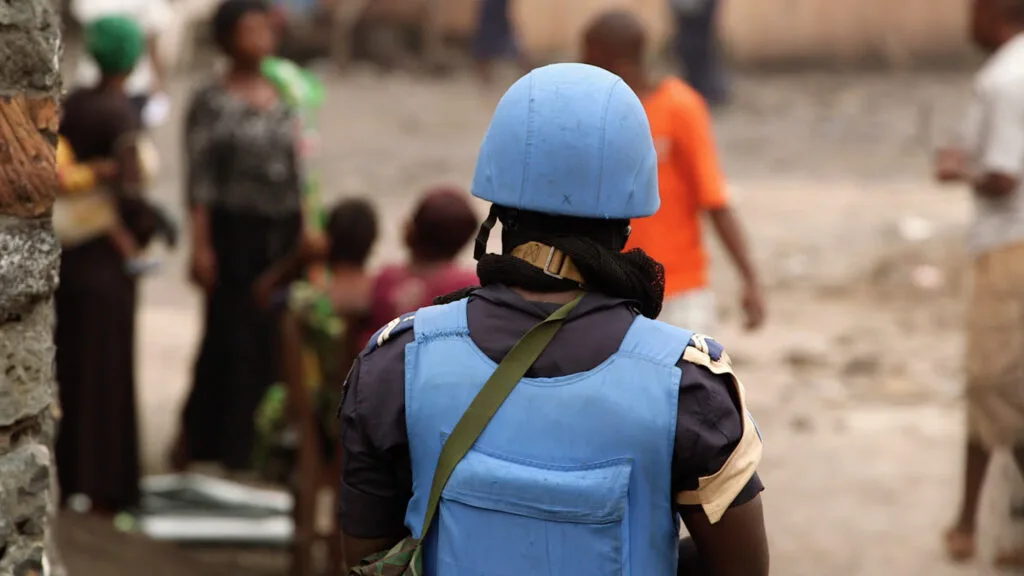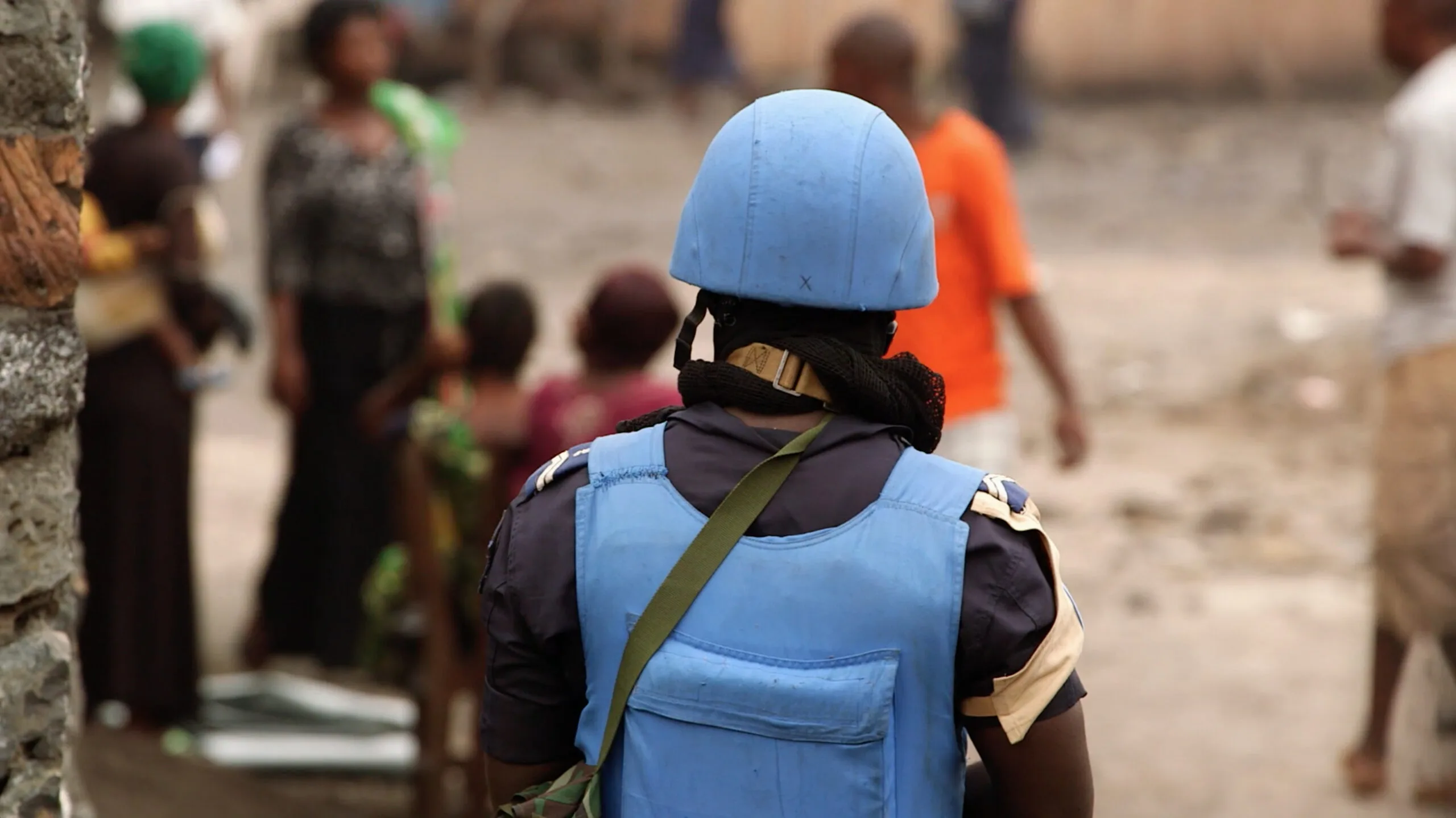“This Is Unacceptable”: How the UN Falls Short in Responding to Alleged Sex Abuse
July 24, 2018
Share
When UN Secretary-General António Guterres visited the Central African Republic (CAR) in October of 2017, his words echoed a theme that he’d been sounding since taking office in January: Stemming the problem of sexual abuse and exploitation by UN peacekeepers was among his top priorities.
“We know that the good work and tremendous sacrifice of peacekeepers around the world has been tarnished by the appalling acts of some UN personnel who have harmed the people they were meant to serve,” said Gutteres, who since becoming secretary-general had stated a commitment to “ensure that the voices of victims are heard,” and introduced a new role of victims’ rights advocate at the UN.
The same month of Guterres’ visit to CAR, the UN had received a report of a new rape case there. A young woman named Mauricette, who was 17 at the time, said she was raped by peacekeepers on her way home from a funeral. And as the new FRONTLINE documentary UN Sex Abuse Scandal reports, Mauricette went months without hearing from the UN after her initial interview with them – despite FRONTLINE correspondent Ramita Navai raising the delay with multiple UN officials earlier this year, and those officials telling her that such a delay is not acceptable.
The details of what allegedly happened to Mauricette are grim, as the above excerpt from the documentary explores.
“She was vomiting,” says Jean-Gaston Endjileteko, who works at Samaritans’ Medical Center, where Mauricette had been treated. “She told me she had drunk some drugged tea spiked with a powder at the Mauritanian checkpoint.
“There was a condom wrapper on the ground near her. And she said she had been “****** by soldiers,” Endjileteko adds.
The hospital reported Mauricette’s rape, and she was interviewed by a local UN representative. But then, the UN went silent.
“We don’t even know what happened to the person who did this, or whether the contingent has been punished or not,” Mauricette’s uncle, Aston, says in the above excerpt.
“I’ve heard nothing,” Mauricette says. “No news.”
That was approximately two months after Mauricette’s initial interview with the UN — so Navai brought the delay to the attention of Parfait Onanga-Anyanga, Head of UN Mission, Central African Republic.
“This is unacceptable,” he says. “I hope that through you we may be able to reach out to that person and make sure that she gets what is due to her and that our services may reach out. But it is absolutely unacceptable.”
Navai also brought the case to Jane Holl Lute, the UN’s special coordinator on improving its response to sexual exploitation and abuse.
“No, of course not. I don’t think it’s acceptable,” Lute says. “And of course I think, what needs to be done is that she gets the support she needs in any and all cases.”
Despite Onanga-Anyanga and Lute’s words, Mauricette still hadn’t heard anything further from the UN — four months after FRONTLINE brought the delay in communication with her about her case to the UN’s attention.
For the full story on why the UN has struggled to respond to victims’ allegations and hold peacekeepers who commit abuses accountable, watch UN Sex Abuse Scandal. From Navai and director Sam Collyns, the documentary tells the stories of many young people like Mauricette, who say they were sexually abused or exploited by peacekeepers in conflict zones around the world who were supposed to protect them. Gripping and comprehensive, the film is an in-depth look at the failures and constraints of the UN — which has the authority to fire people, but not prosecute them — and the role of member states in dealing with the problem.
UN Sex Abuse Scandal airs Tuesday, July 24 at 10/9c on PBS stations and online at pbs.org/frontline.

Related Documentaries
Latest Documentaries
Related Stories
Related Stories
Explore
Policies
Teacher Center
Funding for FRONTLINE is provided through the support of PBS viewers and by the Corporation for Public Broadcasting, with major support from Ford Foundation. Additional funding is provided the Abrams Foundation, Park Foundation, John D. and Catherine T. MacArthur Foundation, Heising-Simons Foundation, and the FRONTLINE Trust, with major support from Jon and Jo Ann Hagler on behalf of the Jon L. Hagler Foundation, and additional support from Koo and Patricia Yuen. FRONTLINE is a registered trademark of WGBH Educational Foundation. Web Site Copyright ©1995-2025 WGBH Educational Foundation. PBS is a 501(c)(3) not-for-profit organization.





















